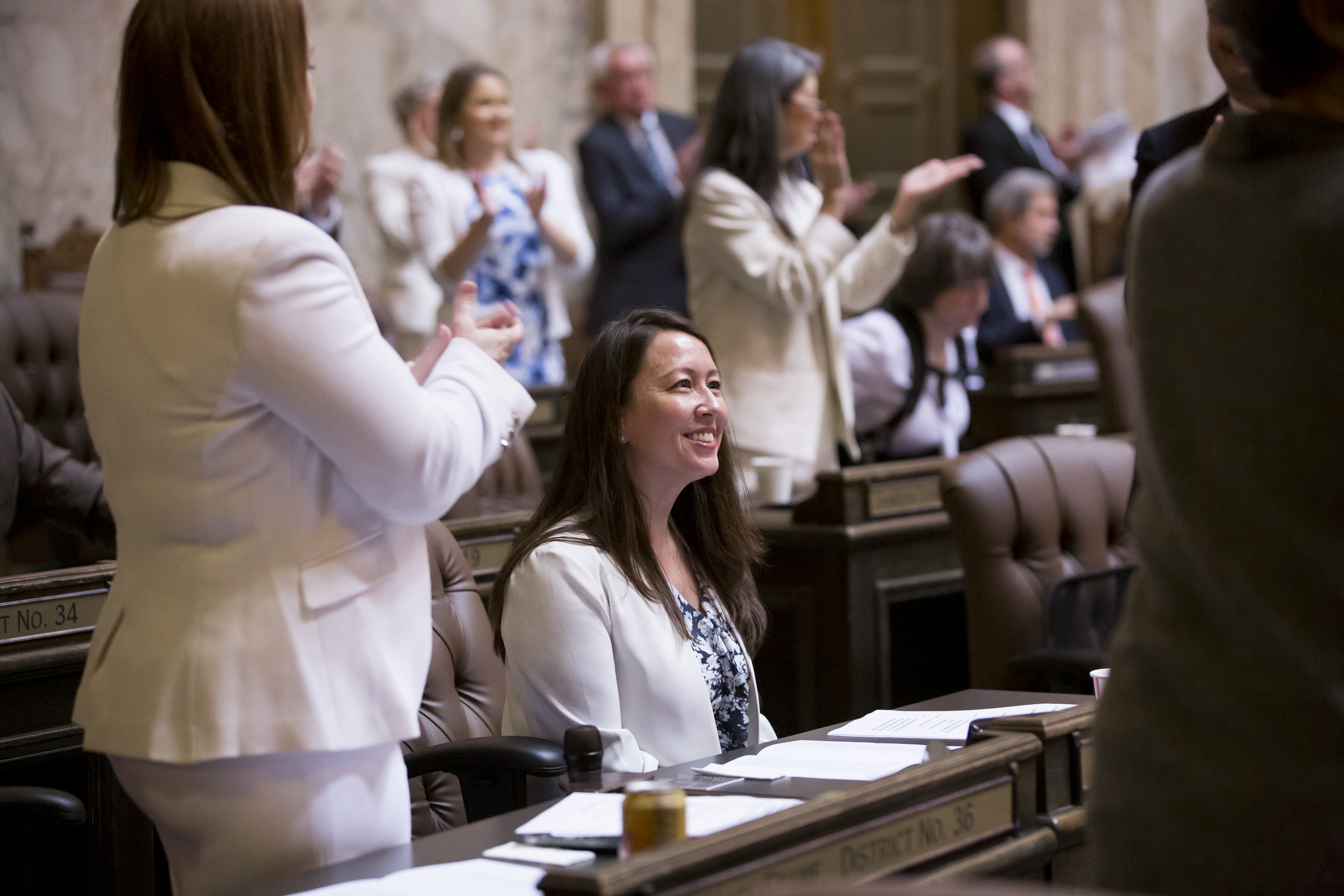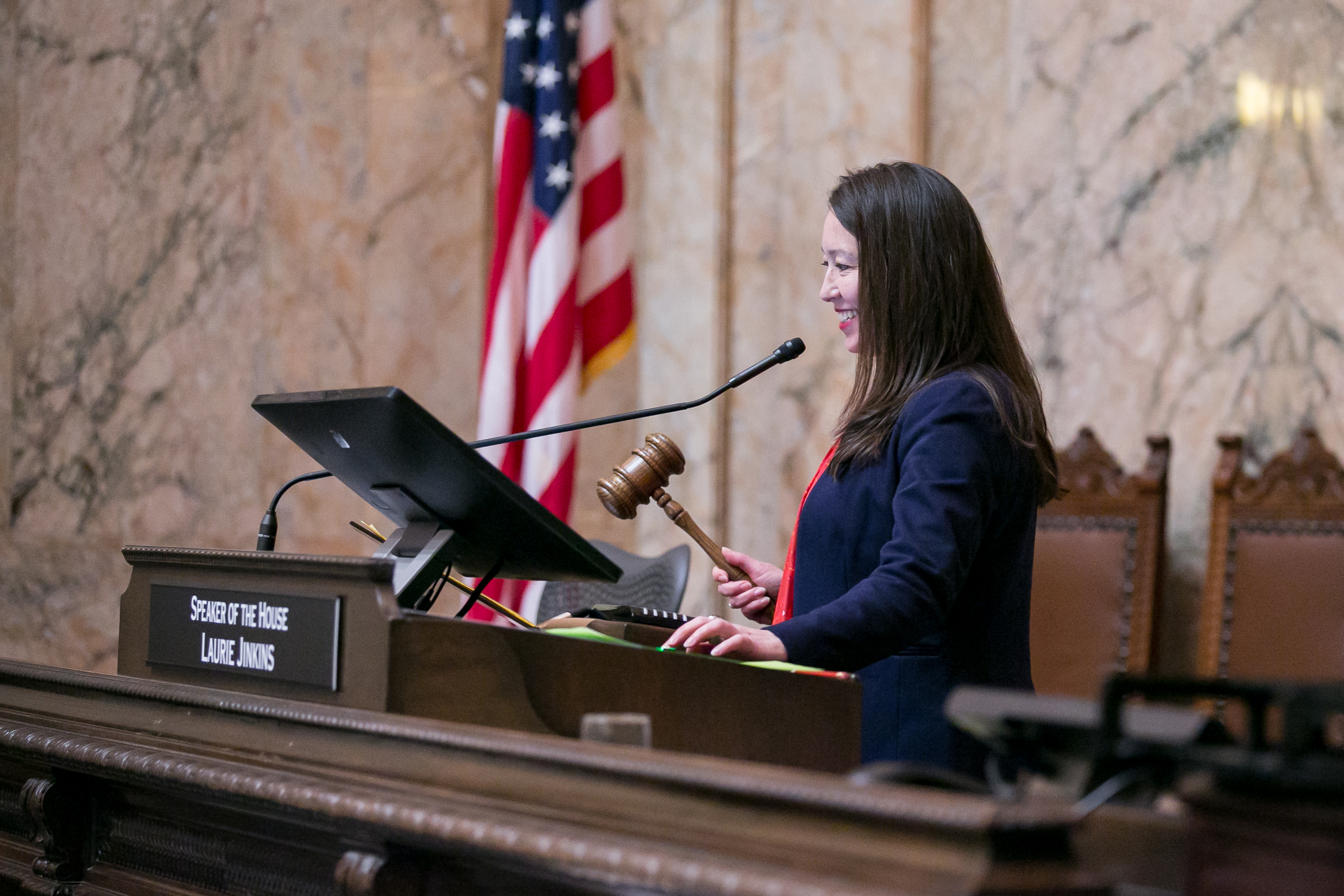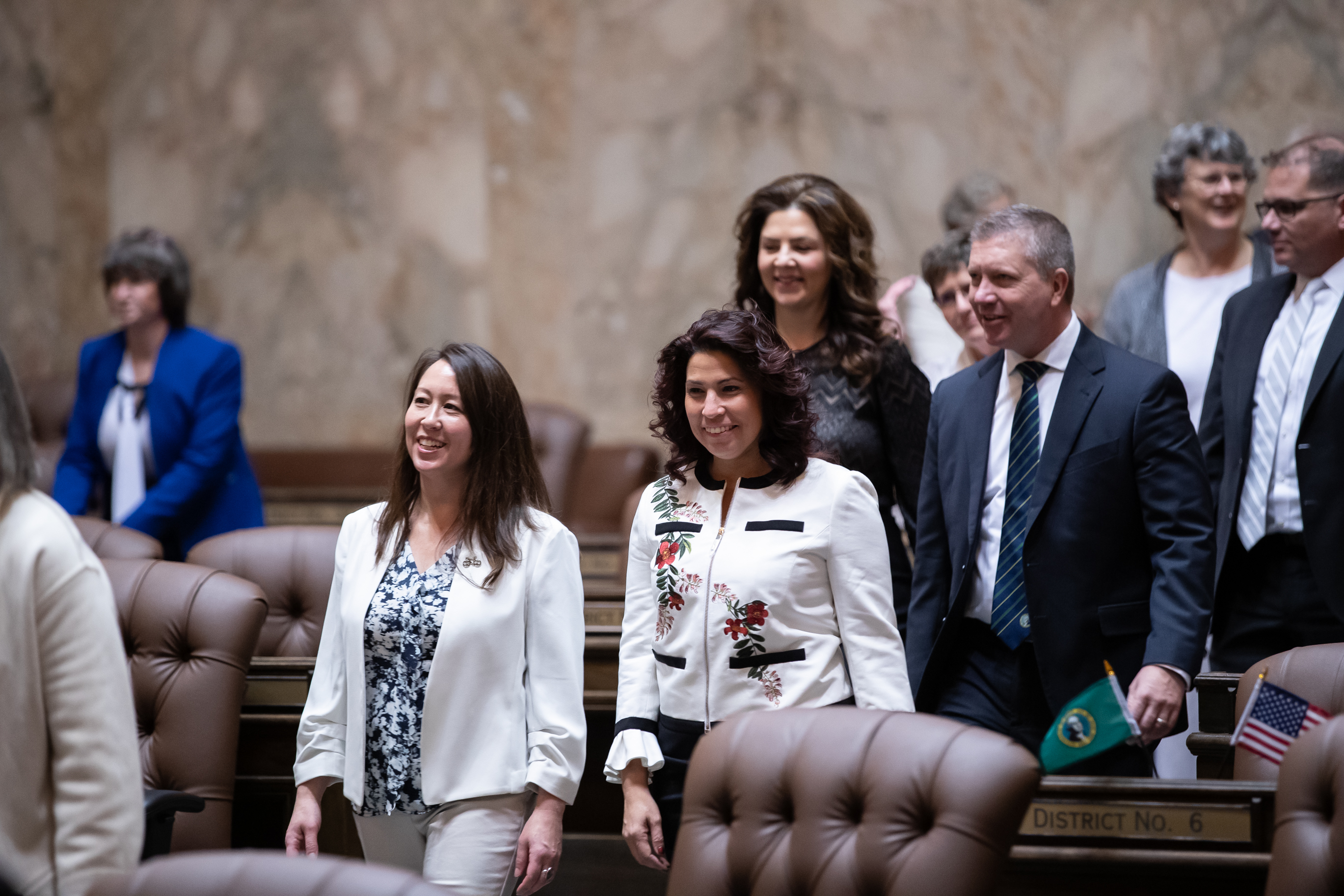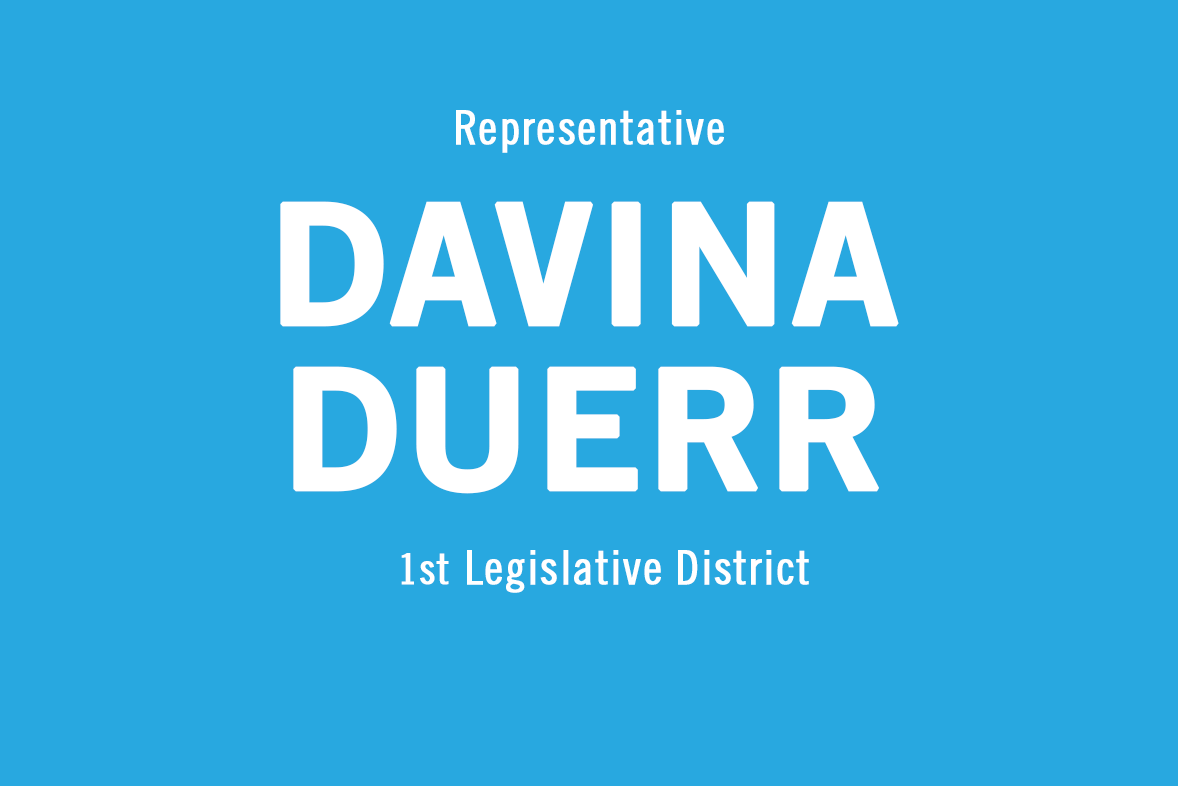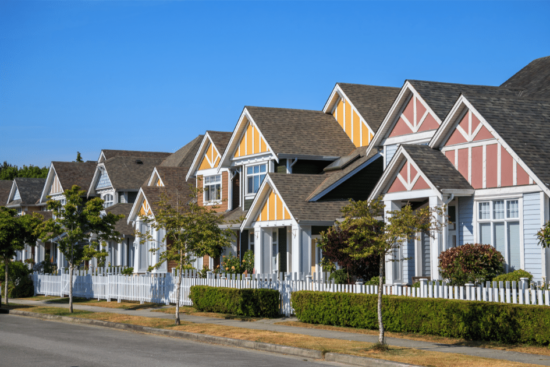Dear neighbors,
The legislative session ended March 10. In only 60 days, your state legislature passed over 300 bills, including the state operating budget, construction budget, and a new transportation package that will transform our state.
Thousands of constituents reached out to me during this session to share their viewpoints on bills. Here are highlights from this session about many of those issues.
Preserving our environment for future generations
The 2021 legislative session was a landmark year in the fight against climate change with the passage of the Climate Commitment Act and low-carbon fuel standards.
During the short 2022 session, we continued that great work by passing legislation targeting greenhouse gas pollution from landfills & our state’s building sector.
With a climate crisis on our doorstep, we’re committed to doing all we can to protect the lives and livelihoods of all Washington families for generations to come.
Reducing methane emissions from landfills (House Bill 1663)
Methane can be nearly a hundred times worse than carbon dioxide when it comes to trapping heat and changing our climate — and much of it comes from our state’s landfills.
That’s why I wrote House Bill 1663, which requires large municipal landfills to install and operate gas collection and control systems to capture this methane and prevent it from getting into the atmosphere. Our kids deserve a livable future, and we must do what we can to reign in a planet that just keeps getting hotter and hotter.
Improving appliance efficiency standards (House Bill 1619)
Washington has taken great strides toward a greener, cleaner, more sustainable energy grid in recent years, but we can do more to ensure the energy we produce is being used as efficiently as possible.
I co-sponsored House Bill 1619 to expand energy efficiency standards to a greater range of household appliances to reduce greenhouse gas pollution, water use, and costs for Washington families. Not only does this bill minimize our negative impact on the environment, it will lead to long-term savings for residents throughout the state.
Reducing methane emissions from organic waste (House Bill 1799)
For too long, surplus food and organic waste has been left to rot in our landfills, releasing methane into our atmosphere and accelerating our climate crisis.
House Bill 1799 helps redirect our surplus food to the families who desperately need it, while repurposing organic waste for composting at local farms. I’m proud to have co-sponsored this bill and to tell you it passed the House and Senate.
Ensuring equal justice and protecting public safety
Last year the Legislature passed a comprehensive package of police reform legislation designed to set clear expectations for officers’ behavior, set a baseline for acceptable use of force, tactics, and equipment, and ensure accountability and transparency.
This included creating a statewide use of force policy for law enforcement. That legislation has been effective, reducing police killings by 60 percent last year. This year, Democrats worked hard to ensure that this package of bills is implemented well.
After meeting with a wide range of stakeholders, we brought forward clarifying legislation to strike the right balance to keep communities safe without jeopardizing the important progress made last year.
Democrats also passed legislation to curtail gun violence, protect survivors of domestic abuse and harassment, crackdown on catalytic converter theft, and find solutions to the crisis of Missing and Murdered Indigenous Persons.
Here’s more info about steps House Democrats took to improve public safety:
- Clarifying law enforcement equipment regulations (House Bill 1719) – We are eliminating any ambiguity in the statute ensuring officers have all the tools necessary to do their job. House Bill 1719 reaffirms that law enforcement can use less-lethal alternatives such as bean bag rounds and less lethal munitions launchers.
- Law enforcement use of force (House Bill 1735 and House Bill 2037) – These new laws, respectively, ensure that officers can use reasonable force in behavioral health, child welfare, and other related crisis situations, and that reasonable force can be used to stop someone from fleeing a temporary investigative detention.
- Keeping weapons out of certain public meetings and spaces (House Bill 1630) – Guns do not belong at school board meetings, ballot counting locations, or local council meetings. All Washingtonians deserve safe participation in civic engagement without intimidation and fear.
- Strengthening the ban on ghost guns (House Bill 1705) – I co-sponsored this new law, which strengthens Washington’s ban on these untraceable guns and requires that unfinished frames and receivers, which can easily be converted into working firearms, be registered and serialized.
- Banning high-capacity magazines (House Bill 5078) – Mass shootings involving high-capacity magazines resulted in twice as many fatalities and 14 times as many injuries as those that did not. Limiting magazines to 10 rounds will save lives.
- Reigning in catalytic converter theft (House Bill 1815) – By targeting the places where stolen catalytic converters are sold and providing law enforcement with new resources, HB 1815 will help stem the wave of catalytic converter thefts.
- Addressing the crisis of missing and murdered Indigenous persons (House Bill 1725 and House Bill 1571) – HB 1725 creates a new statewide alert for missing Indigenous people like the ‘Silver Alert’ established for missing vulnerable adults, and HB 1571 gives tribes the right to pray over the body of a deceased person before they are moved or if their resting place is disturbed.
- Improving civil protection orders (House Bill 1901) – Domestic abuse can be emotional and psychological, not just physical abuse. This new law adds “coercive control” to the definition of domestic violence.
Supporting kids, youth and families
We passed the Fair Start for Kids Act last year to make childcare more affordable and accessible. And this year, we built on that work by passing bills to help ensure young people have access to safe, stable housing, mental health supports, primary health care and more. Here are some of those bills:
Preventing youth homelessness (House Bill 1905)
No young person should be released into homelessness after they’ve been in a publicly funded system of care, like foster care, behavioral health treatment and juvenile rehabilitation. This bill provides more services and resources to ensure young people have safe, stable housing when leaving a system of care, one way we can help prevent youth homelessness.
Supporting relative placements (House Bill 1747)
Prioritizes placing kids with relatives when they need out-of-home care. Keeping families together when possible is best, reducing trauma and disconnect from a child’s culture and community. It’s also a racial justice issue, as Black and Indigenous children are more likely than white children to be separated from their families by the child welfare system.
Addressing youth behavioral health (House Bill 1890)
We’re in the middle of a youth mental health crisis that’s only gotten worse during the pandemic. This bill creates an advisory group to help develop a comprehensive, statewide plan to expand access to behavioral health care so families can get help when they need it.
Providing care for homeless youth (Senate Bill 5883)
This legislation makes it easier for unaccompanied youth experiencing homelessness to get the health care they want and need by allowing them to provide informed consent for nonemergency, outpatient, primary care services. Unaccompanied homeless youth should be able to get their teeth cleaned, a pair of glasses and other routine medical care.
Image: https://housedemocrats.wa.gov/tmp/2022/03/Family-Walking.png
Unfinished business
Some important bills received a lot of attention, but ultimately did not pass this session. That legislation includes bills addressing “missing middle” housing, data privacy, workplace ergonomics, and minimum nurse staffing standards in hospitals.
The same is true for House Bill 1099, my proposal to add mitigating climate change impacts to the Growth Management Act. While it passed both the House and the Senate, they were slightly different versions, and we didn’t reach final agreement on language in time.
I’ll continue working on this issue, affordable housing, and livability in the months ahead.
Keep in touch
Please contact my office whenever you have ideas, stories to share, or comments.
It is an honor and a privilege to serve as your representative. I hope to hear from you soon!
